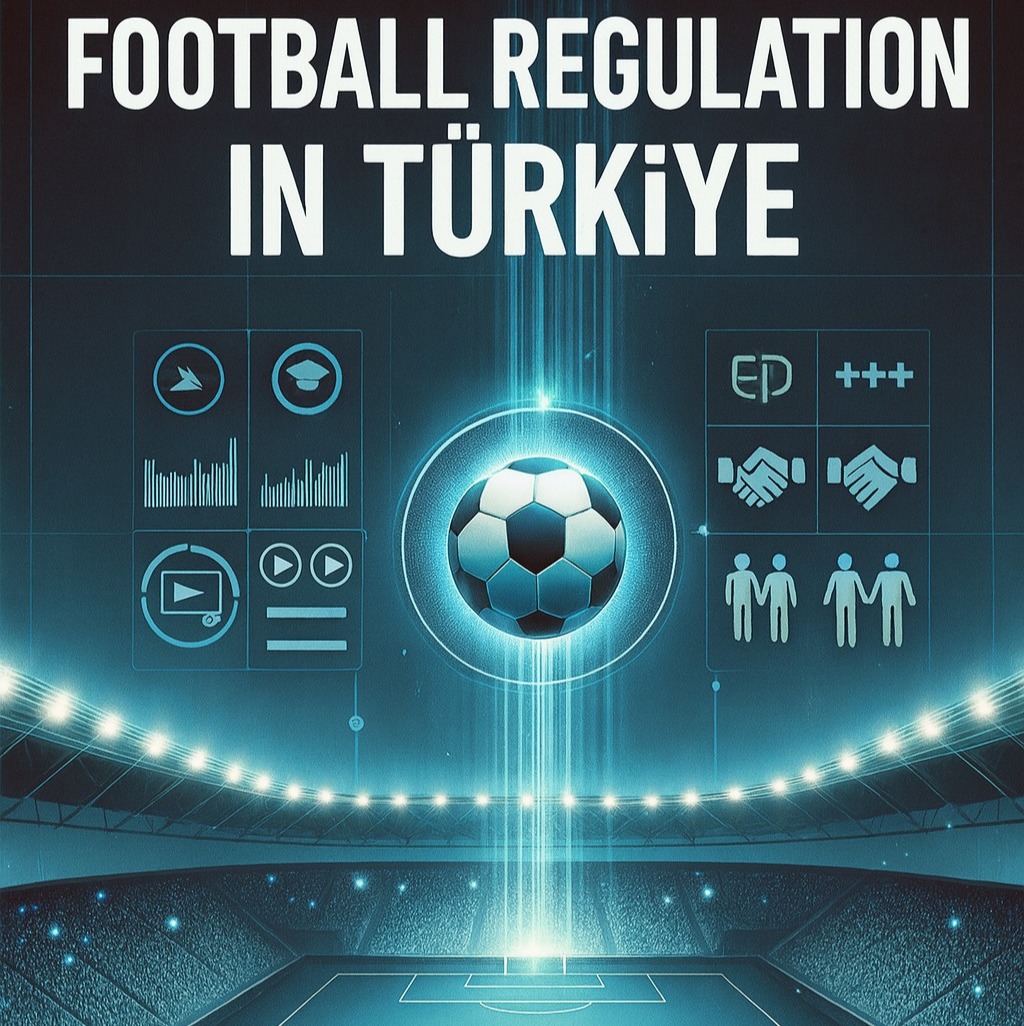FOOTBALL REGULATION IN TURKIYE

Association football is very popular throughout Türkiye, and it is fair to say that it is widely regarded as something of a religion, especially as it binds people together in a common endeavour, although Türkiye is a secular State.
In Türkiye, football is essentially regulated by the Turkish Football Federation (TFF).
The TFF is solely responsible for organising and regulating football at the national level, and overseeing a professional football league system, including the ‘Süper Lig’, which is the highest level of the professional game in Türkiye.
The TFF regulates domestic football players’ transfers through its „Regulation on the Status and Transfers of Professional Football Players“ and international transfers of players are subject to the FIFA Regulations on the Status and Transfers of Players. In such cases, International Transfer Certificates are required by FIFA for foreign players to be licensed by the TFF.
A particular feature of football transfers in Türkiye is that the ground-breaking 1995 Bosman ruling, which allowed football players to transfer freely after their contracts had expired, does not apply to domestic transfers in Türkiye, that is, transfers from one Turkish football club to another. The reason for this is that Bosman primarily affects transfers between clubs in the European Union (EU) and the European Economic Area (EEA), neither of which is Turkey a member. This means that football players in Türkiye may not engage in transfer negotiations with other Turkish clubs before their contracts with their current clubs have expired.
However, the Bosman ruling has had a significant impact on European football as a whole, and this has led to the TFF increasing its foreign players quotas. In turn, this has made it easier for Turkish football clubs to attract and retain more international talent, which has led to a good effect on the development of local players and the competitiveness of Turkish football clubs in international competitions.
The TFF also implements a club licensing system, which is based on UEFA standards, including financial fair play requirements, to ensure, as far as possible, the financial stability of Turkish Football clubs. In other words that they operate within their financial means.
The TFF also imposes penalties, including fines and points deductions, on Turkish football clubs that engage in illegal betting. In this respect, the TFF applies strict rules on the use of stadium advertising relating to illegal betting.
Professional football players’ contracts of employment are, generally, for fixed terms of one year or more, and must be registered with the TFF, copies of which are retained by the club, the TFF, and the notary public, before whom they must be signed.
These contracts should always include the key terms on such matters as salary, bonuses, image rights, and should also cover any other special situations/arrangements of the employment that may have been agreed between the football players and their Turkish clubs.
Also, players should ensure that match bonus entitlements are clearly quantified in their contracts of employment and specified in each payment receipt.
Football players contracts of employment may be terminated in Türkiye by either party with the required written notice, in accordance with the statutory notice periods laid down in Turkish Labour Law.
It may be added that the TFF has been urged to issue standard terms and conditions for football players contracts of employment but has not yet done so.
As regards disputes arising under football players contracts of employment in Türkiye, they are primarily resolved within the TFF. The TFF Dispute Resolution Chamber (DRC) is the first-instance body for settling these disputes. Decisions of the DRC can be appealed to the Arbitration Committee of the TFF, which serves as the appellate body. Ultimately, international players and clubs can also seek settlement through the FIFA Dispute Resolution Chamber and on appeal to the Court of Arbitration for Sport (CAS) and, in limited circumstances, on further appeal to the Swiss Federal Supreme Court.
From there, it is possible to appeal to the European Court of Human Rights (ECtHR) if a breach under the European Convention on Human Rights can be established. For example, lack of due process under Article 6.1 of the Convention, as occurred in the case of Ali Rizza, in which the Founder and Managing Partner of this Law Firm, Dr Lucien Valloni, successfully represented the football player. See Final Judgment of the ECtHR issued on 22 June 2020. The ECtHR also called for a reform of the TFF system for the settlement of football disputes, which, to date, has not been fulfilled, although FIFPRO, the international football players’ union, is currently discussing the matter with the TFF.
We act in football transfers in Türkiye, including contracts of employment and disputes, and further information and advice may be obtained from Gurur Gaye Günal, the Head of our Turkish Law Practice, by emailing her at gunal@valloni.ch.